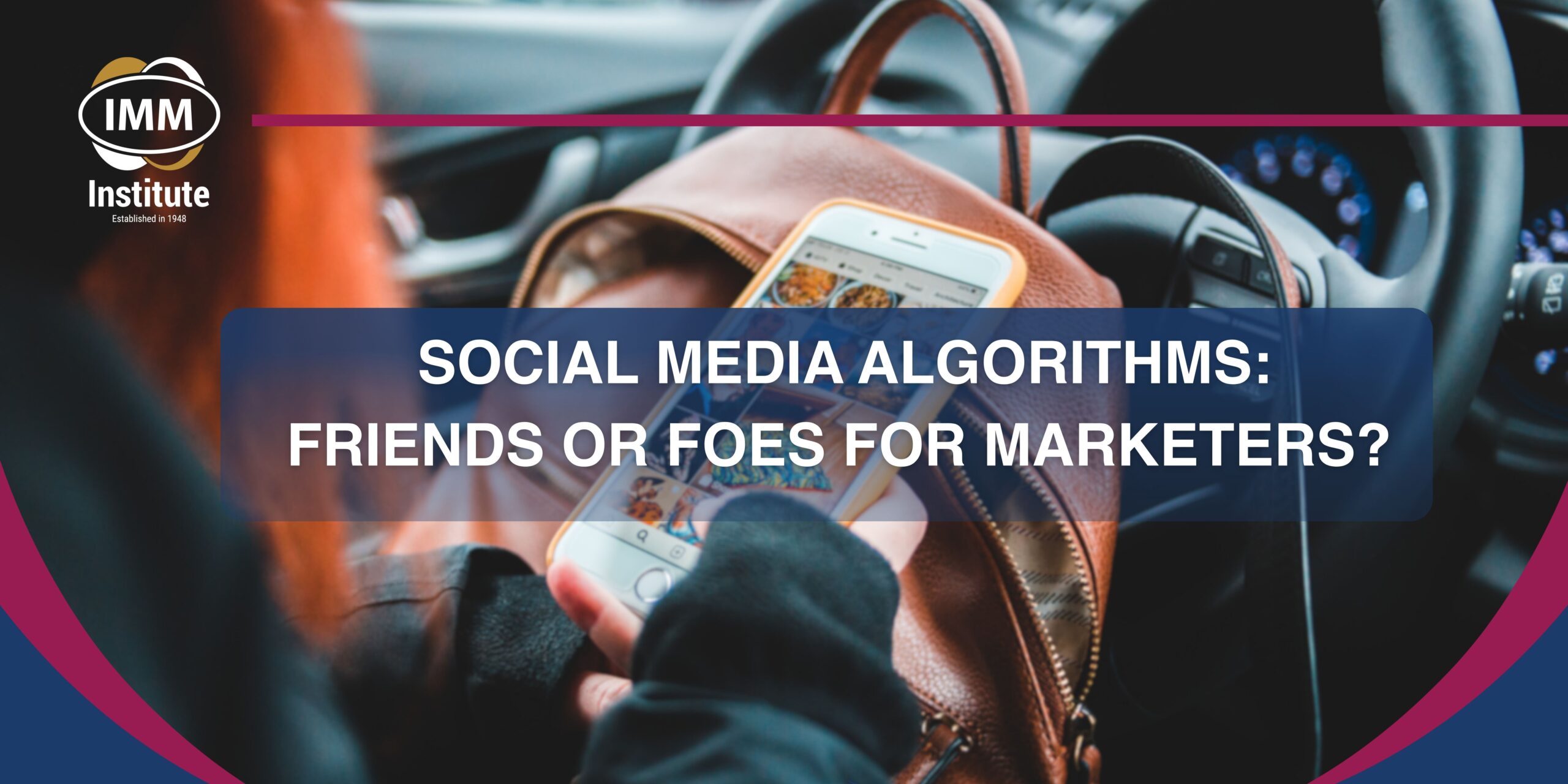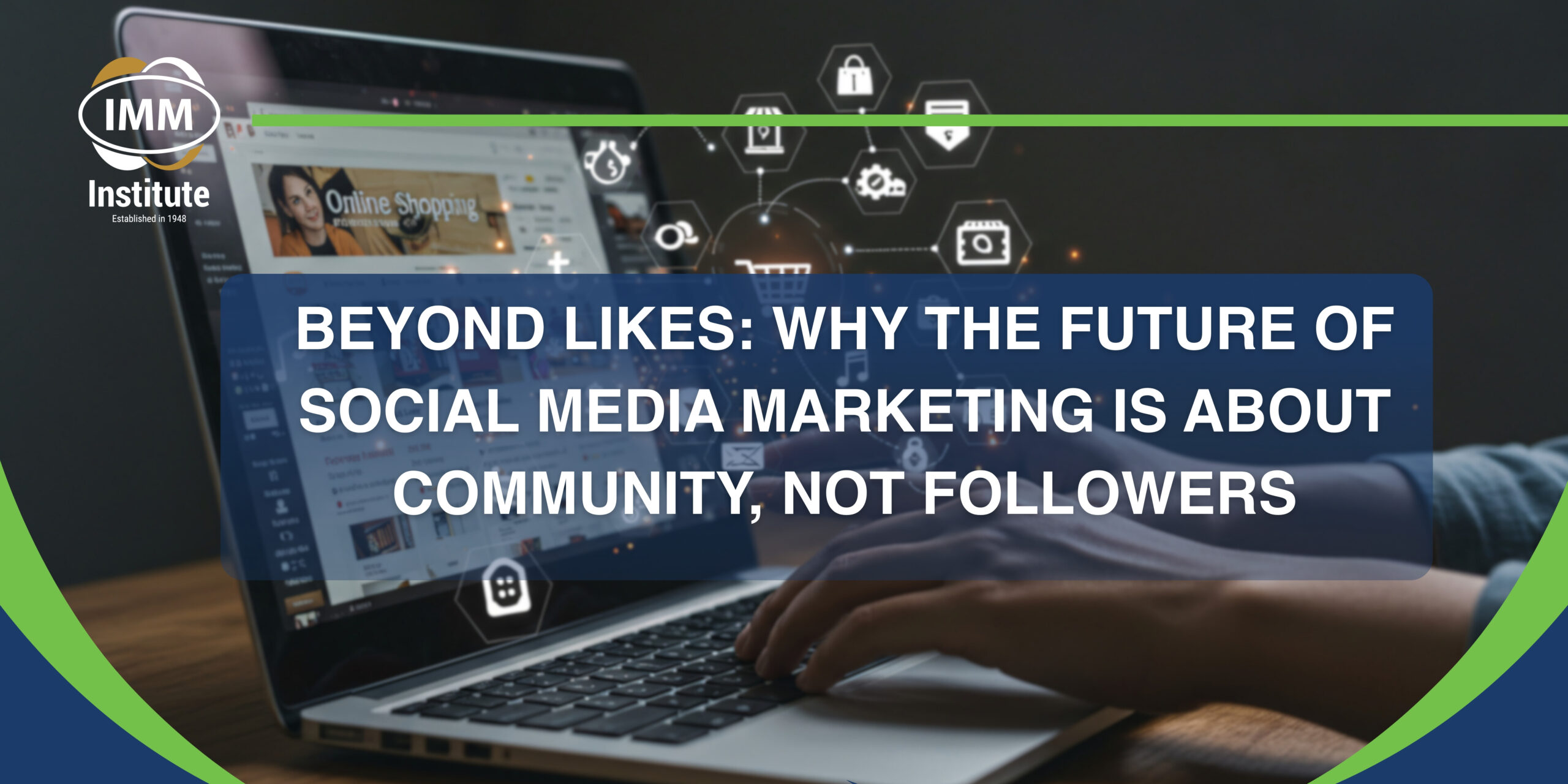The pursuit of grasping consumer attention and encouraging buying choices has prompted the examination of different marketing methods and tactics. One particularly fascinating tactic for marketers is subliminal messaging. However, does it genuinely function in contemporary marketing, or is it merely a legend propagated by mainstream culture?
Subliminal messaging pertains to the act of subtly influencing the subconscious mind of consumers without their explicit awareness. This could manifest as concealed messages, visuals, or auditory stimuli woven into advertisements or promotional content. The concept suggests that these subtle prompts circumvent logical reasoning and directly influence behaviour, compelling individuals to make choices they wouldn’t typically make.
In the middle of the 20th century, subliminal messaging caught a lot of eyes, sparked by controversial tests and over-the-top media stories. But follow-up research has cast doubt on its power, with many studies failing to give solid evidence of its sway over how people act as buyers. Still, supporters of subliminal messaging argue that even the tiniest hints can nudge feelings and leanings, even if they don’t trigger immediate reactions. They suggest that even if people don’t consciously take these hints, they could still be tucked away in the subconscious, affecting what they choose down the line. One domain where subliminal messaging is purported to wield influence is in the arena of branding and brand perception. By linking a brand to favourable imagery or sentiments at a subconscious level, marketers seek to forge enduring and robust associations with consumers. For instance, the rapid display of images depicting joy or achievement in a commercial might subconsciously connect those emotions with a specific brand.

Sceptics argue that the effectiveness of sneaky messaging is blown out of proportion and its influence is, at best, limited. They point out the lack of repeatable research and the ethical concerns about influencing consumer behaviour without their clear consent. Furthermore, advances in neuroscience have given us a better understanding of how the mind handles information, leading to doubts about the idea that sneaky signals can slip past conscious thought.
In today’s marketing world, the widespread use of digital media and the dominance of data-driven approaches have shifted focus away from sneaky messaging to more obvious and measurable strategies. Marketers now rely on targeted ads, personalised messages, and teaming up with influencers to grab people’s attention and drive sales.

Despite this, the allure of subliminal messaging endures, and certain marketers persist in experimenting with inconspicuous techniques to influence consumer behaviour. Whether it entails embedding covert communications within visuals or employing precise colour schemes to evoke specific emotions, the pursuit of unravelling the enigmas of the subconscious mind remains a captivating endeavour.
To sum up, while the effectiveness of subliminal messaging in contemporary marketing remains a subject of debate, its historical influence continues to shape how marketers conceive and execute campaigns. Whether it signifies a potent tool for shaping consumer behaviour or merely a vestige of a bygone era, the discussion surrounding subliminal messaging serves as a reminder of the intricate interplay between psychology, ethics, and marketing.
For those keen on delving deeper into the complexities of marketing psychology and consumer behaviour, the IMM Institute offers an array of online short courses and express courses. These courses contain valuable insights for marketers seeking to augment their skills and stay ahead of the curve. You can peruse the available courses on the IMM Institute’s website.Top of Form
















